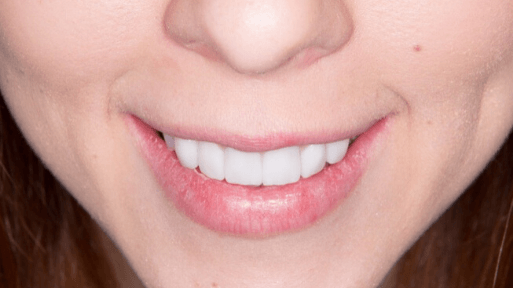 Often overlooked, saliva plays a pivotal role in maintaining oral health. It is a clear liquid made by several glands in your mouth area. Saliva is vital for a healthy mouth and is instrumental in the processes of eating, digestion, and maintaining oral hygiene. Understanding the role of saliva is crucial for maintaining optimal oral health and preventing a multitude of dental issues.
Often overlooked, saliva plays a pivotal role in maintaining oral health. It is a clear liquid made by several glands in your mouth area. Saliva is vital for a healthy mouth and is instrumental in the processes of eating, digestion, and maintaining oral hygiene. Understanding the role of saliva is crucial for maintaining optimal oral health and preventing a multitude of dental issues.
1. Natural Mouth Cleanser:
Saliva acts as a natural cleanser. It washes away food particles, debris, and bacteria that can contribute to tooth decay and gum disease. The flushing effect of saliva helps in maintaining a clean oral environment, preventing the accumulation of harmful substances that can lead to oral infections.
2. Neutralizes Acids:
Our mouth is continually exposed to acids from foods, beverages, and bacteria. Saliva contains bicarbonate, which helps in neutralizing these harmful acids, preventing tooth erosion, cavities, and other related problems. The neutralization of acids is critical in maintaining a balanced oral pH, promoting a healthier oral environment.
3. Aids in Digestion:
Saliva is not just beneficial for oral health; it’s also crucial for digestion. It contains enzymes like amylase and lipase that start breaking down food particles as soon as you begin to eat, making the digestion process smoother and more efficient.
4. Fights Against Bacteria and Viruses:
Saliva contains lysozyme, lactoferrin, and immunoglobulins, which are components that play an essential role in the immune function of the mouth. These components help in combating harmful bacteria and viruses, reducing the risk of oral infections and diseases.
5. Enhances Taste and Chew:
Without adequate saliva, the sense of taste can be impaired. Saliva dissolves food particles, allowing them to interact with taste receptors located on your tongue. It also lubricates food, making chewing and swallowing easier, preventing choking and discomfort during eating.
6. Maintains Tooth Integrity:
Saliva provides calcium, phosphate, and fluoride ions that help in remineralizing tooth enamel. Remineralization is a natural process that restores minerals to the tooth surfaces, which may have been lost due to acid attacks, thus strengthening teeth and reducing the risk of decay.
7. Prevents Bad Breath:
Bad breath is often a result of bacterial metabolism in the mouth. By washing away food particles and bacteria and neutralizing acids, saliva helps in maintaining fresh breath.
Schedule a Visit to the Dentist
Ready for a brighter, healthier smile? Start by scheduling an appointment today.

